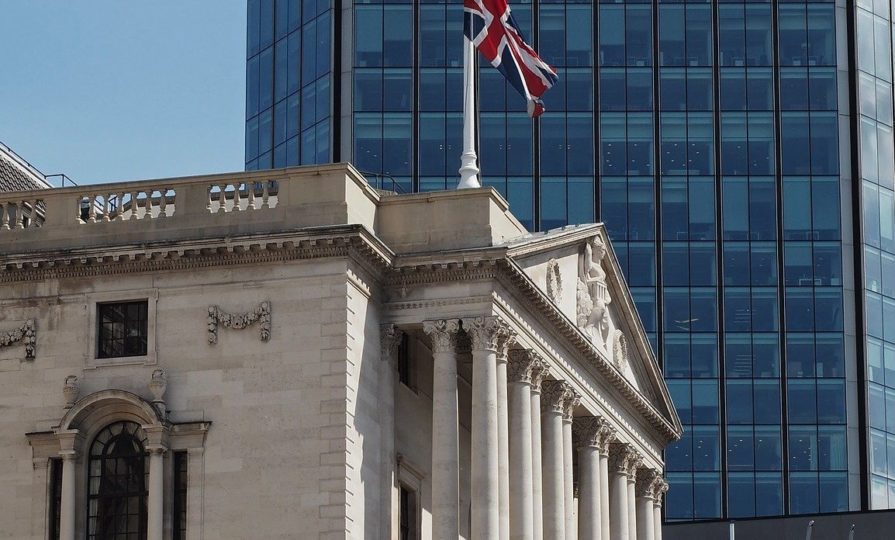BoE cuts interest rates to 4%
The bank previously voted to hold interest rates at 4.25% in June, having cut the rate from 4.50% to 4.25% in May

Register to get 1 free article
Reveal the article below by registering for our email newsletter.
Want unlimited access? View Plans
Already have an account? Sign in
The Bank of England (BoE) has cut interest rates to 4%, down from the previous rate of 4.25%, marking the fifth rate cut since last year’s peak of 5.25%.
At its meeting today (7 August), the bank’s monetary policy committee (MPC) voted by a majority of 5 to 4 to reduce the bank rate by 0.25 percentage points.
The bank previously voted to hold interest rates at 4.25% in June, having cut the rate from 4.50% to 4.25% in May.
In today’s announcement, the bank said there has been “substantial disinflation” over the past two-and-a-half years, following previous external “shocks”, enabling it to reduce the rate over the year.
It added that downside domestic and geopolitical risks around economic activity remain, but trade policy uncertainty has “diminished somewhat”.
It comes as the BoE is aiming to decrease inflation to its target of 2%.
However, inflation unexpectedly increased to a near 18-month high of 3.6% in June, driven by the rising cost of transport and food, according to the Office for National Statistics (ONS).
The figure was the highest recorded since January 2024, when the rate was 4.0%. On a monthly basis, CPI rose by 0.3% in June 2025, compared with a rise of 0.1% in June 2024.
The rise was in part driven by higher prices in the transport division, which rose by 1.7% in the 12 months to June 2025, up from 0.7% in May.
Meanwhile, clothing and footwear prices rose by 0.5% in the 12 months to June 2025, reversing two consecutive months of negative annual growth. In addition, food and non-alcoholic beverage prices rose by 4.5% in the 12 months to June 2025, the highest rate since February 2024 and the third consecutive monthly increase.
In today’s announcement, the BoE said inflation is forecast to increase slightly to a peak of 4.0% in September, but will “fall back thereafter” towards the 2% target, although the committee “remains alert to the risk that this temporary increase in inflation could put additional upward pressure on the wage and price-setting process”.
Commenting, Alpesh Paleja, deputy chief economist, CBI said: “While interest rates are now at their lowest in over two years, today’s cut is line with the “gradual and careful” pace of loosening that the Monetary Policy Committee have flagged so far. Gradual, because the MPC is still caught between a rock and a hard place.
“On the one hand, the labour market is cooling and economic growth looks set to be weaker than the Bank expected, strengthening the case for faster rate cuts. On the other, even with wage growth easing, price pressures remain stubborn. Inflation has come in higher than the Bank anticipated, and households’ inflation expectations are still uncomfortably high.”
He added: “As the MPC continues to walk this tightrope, rate cuts are likely to remain gradual: we expect two more reductions, with interest rates settling at 3.5% early next year. But if the risks to the inflation outlook shift sharply in either direction, the pace of monetary loosening could look very different.”






